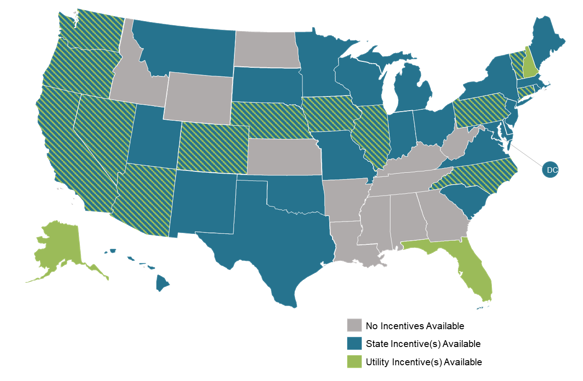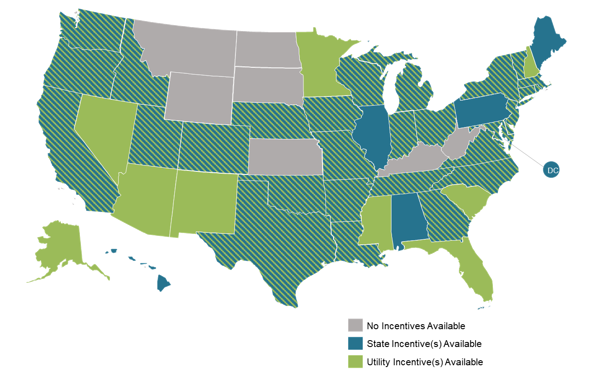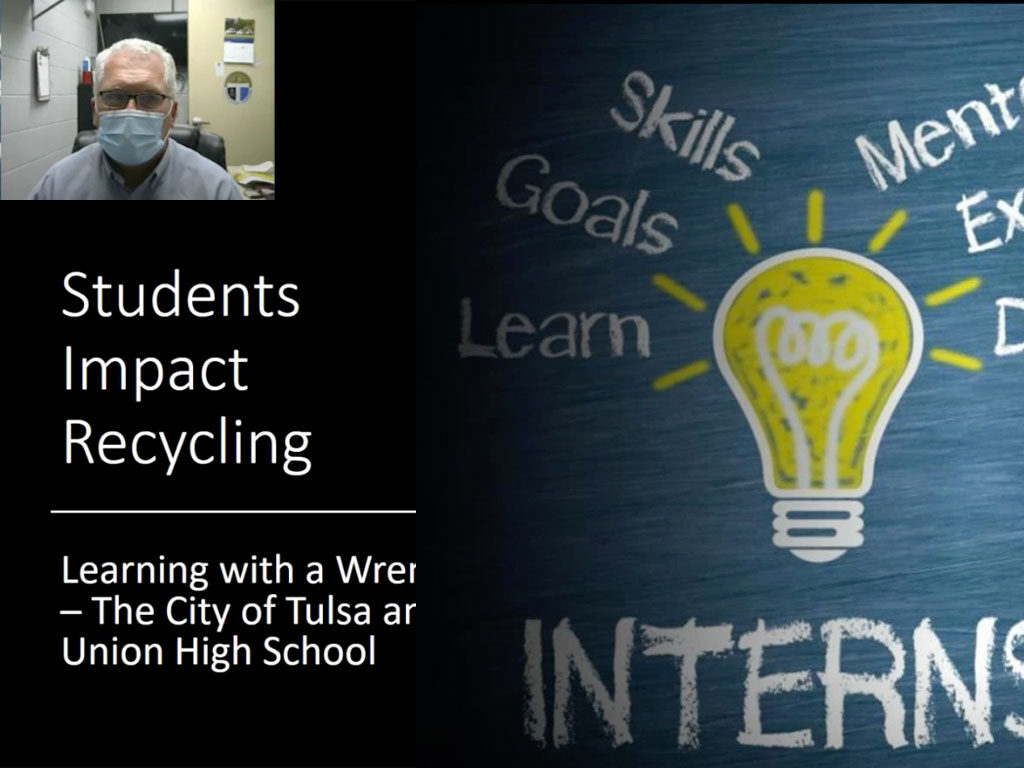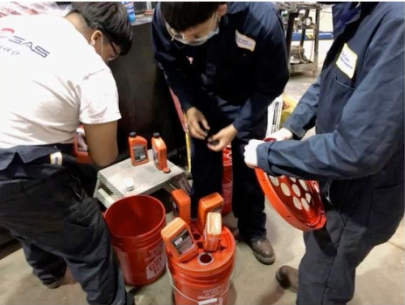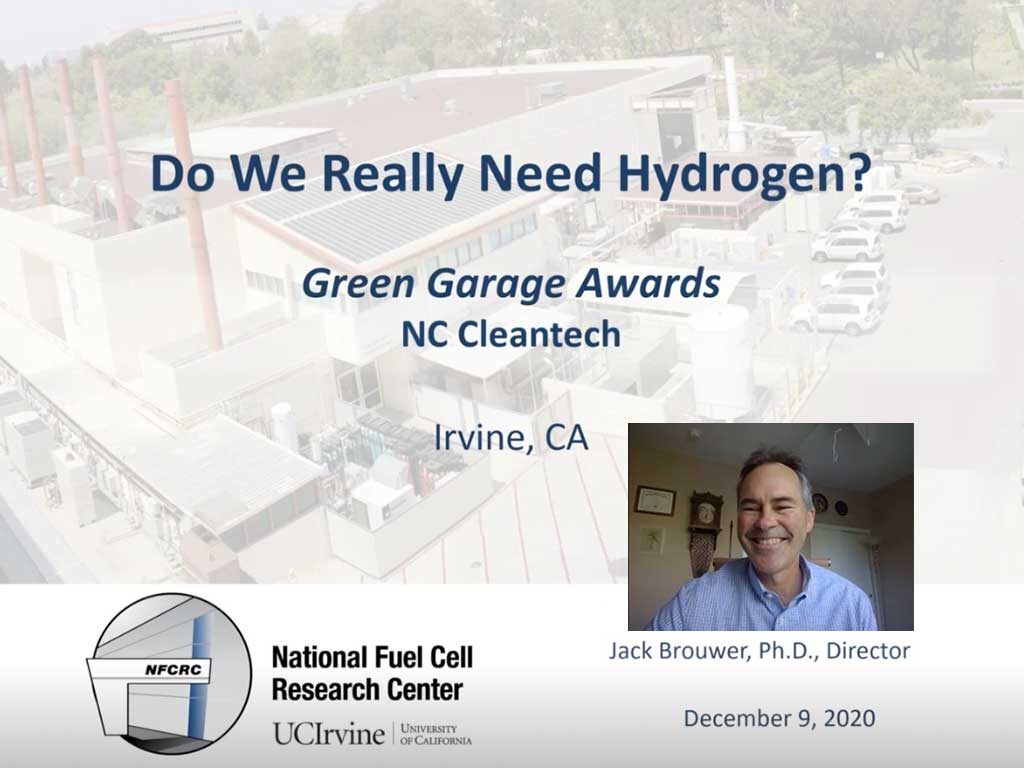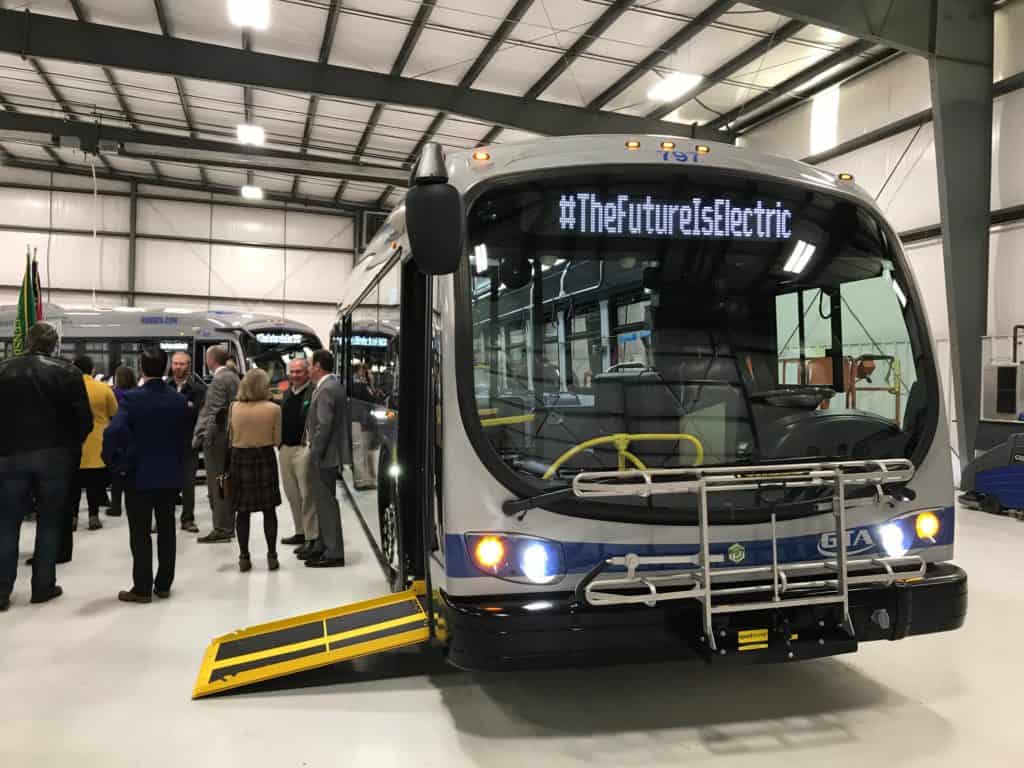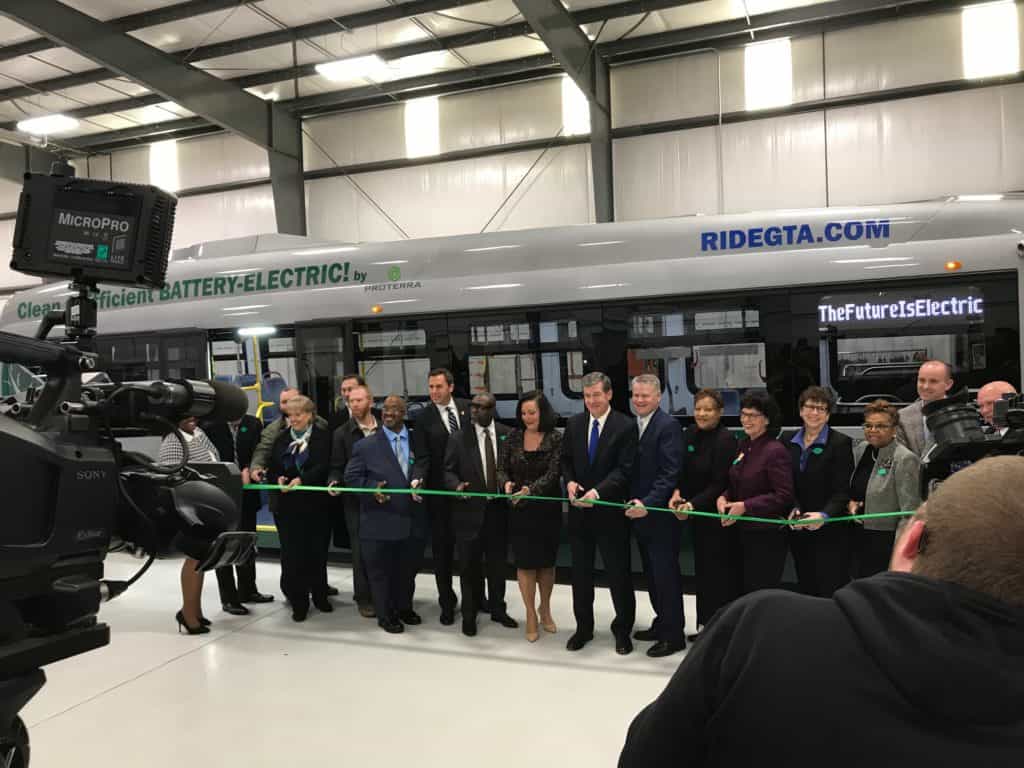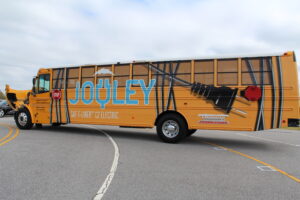 The Eastern Band of Cherokee Indians (EBCI) are leading the way with cleaner student transportation in North Carolina. Following their groundbreaking award of VW Settlement funds for a new electric school bus last year, this year EBCI received notice from the U.S. Environmental Protection Agency (EPA) of an award for 4 additional electric school buses. EBCI will be replacing 5 diesel school buses with 4 new electric buses in collaboration with the Cherokee Boys Club (CBC) and the North Carolina Clean Energy Technology Center (NCCETC). This latest award marks The Eastern Band as the first tribe east of the Mississippi to be awarded grant funding through the Diesel Emissions Reduction Act (DERA) Program administered by the EPA.
The Eastern Band of Cherokee Indians (EBCI) are leading the way with cleaner student transportation in North Carolina. Following their groundbreaking award of VW Settlement funds for a new electric school bus last year, this year EBCI received notice from the U.S. Environmental Protection Agency (EPA) of an award for 4 additional electric school buses. EBCI will be replacing 5 diesel school buses with 4 new electric buses in collaboration with the Cherokee Boys Club (CBC) and the North Carolina Clean Energy Technology Center (NCCETC). This latest award marks The Eastern Band as the first tribe east of the Mississippi to be awarded grant funding through the Diesel Emissions Reduction Act (DERA) Program administered by the EPA.

To assist EBCI in writing their grant, NCCETC staff provided emissions quantifications to examine the potential reduction in air pollution from the retirement of older polluting buses, and the deployment of new zero-emission electric school buses. NCCETC also assisted EBCI in teaming with Duke Energy, a crucial funding partner who is supporting this project in partial fulfillment of their Electric Transportation Pilot. Long-term, NCCETC will be providing ongoing technical support to EBCI and CBC’s transportation division, which operates the bus system for Cherokee Central Schools on the Qualla Boundary.
“We’re really excited to be able to support EBCI and CBC staff through the entire process of retiring the old diesel buses and getting the new electric buses onto the road,” said John Bonitz, Clean Transportation Specialist at NCCETC. “The EPA has a very detailed process for scrapping old buses that has to be completed within 90 days of receipt of the new buses – afterall, we all want to remove these polluting vehicles from the road permanently.”
NCCETC will guide EBCI and the CBC transportation division through the disabling and scrapping process and will assist in properly documenting the operation. Additionally, NCCETC will draft quarterly reports for the entire project period, quantifying the emissions reductions for the electric school buses and analyzing the total project cost effectiveness as well as gallons of diesel fuel saved.
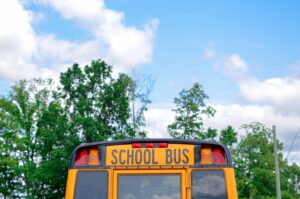 The Eastern Band of Cherokee Indians have a long tradition of stewardship and the EBCI Natural Resources Department (ECBI NRD) is committed to protecting and preserving natural resources for generations to come. For example, for nearly a decade, the CBC has been making biodiesel from waste fryer oil and using that fuel to displace petroleum diesel. Since 2012 CBC’s school buses run on a B20 blend (20 percent biodiesel, 80 percent diesel) with their own locally made biodiesel. Also, the EBCI Air Quality Program (AQP) helps monitor air conditions in order to maintain clean and healthy air quality for EBCI lands and the surrounding area. The Cherokee Boys Club works with the EBCI AQP to achieve ambient air pollution reduction and environmental protection. As a rural community, mobile emissions from vehicles and buses are a major focus point for EBCI to help reduce the harmful impacts of diesel emissions. The primary contributor of NOx on EBCI lands are mobile sources (93 percent), according to EBCI NRD.
The Eastern Band of Cherokee Indians have a long tradition of stewardship and the EBCI Natural Resources Department (ECBI NRD) is committed to protecting and preserving natural resources for generations to come. For example, for nearly a decade, the CBC has been making biodiesel from waste fryer oil and using that fuel to displace petroleum diesel. Since 2012 CBC’s school buses run on a B20 blend (20 percent biodiesel, 80 percent diesel) with their own locally made biodiesel. Also, the EBCI Air Quality Program (AQP) helps monitor air conditions in order to maintain clean and healthy air quality for EBCI lands and the surrounding area. The Cherokee Boys Club works with the EBCI AQP to achieve ambient air pollution reduction and environmental protection. As a rural community, mobile emissions from vehicles and buses are a major focus point for EBCI to help reduce the harmful impacts of diesel emissions. The primary contributor of NOx on EBCI lands are mobile sources (93 percent), according to EBCI NRD.
Another benefit from the replacement of old buses is the reduction of fine particulates from diesel exhaust that scatters sunlight and creates the haze that obscures mountain vistas on EBCI lands. “This improvement in visibility will help our tourism industry and increase our visitor experience,” explains EBCI NRD.
EBCI added its first electric bus to its fleet in 2021 after being awarded grant funds from the NC Department of Environmental Quality’s Diesel Bus and Vehicle Programs, which was a part of Phase 1 of the Volkswagen Mitigation Plan. EBCI was the first organization in North Carolina to receive an electric school bus from the state’s VW Mitigation Plan along with charging infrastructure to power the vehicle.
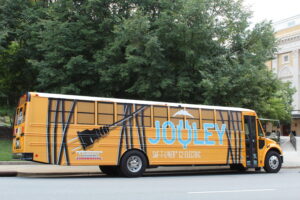 “Diesel school buses drive through every neighborhood, every week, to transport Cherokee Central School students,” Bonitz said. The four all-electric Saf-T-Liner C2 Jouley buses funded by the grant have zero tailpipe emissions, and emissions reduced through the retirement of diesel buses in the EBCI communities will especially improve local air quality on neighborhood streets, heavily trafficked roads, and on school campuses.
“Diesel school buses drive through every neighborhood, every week, to transport Cherokee Central School students,” Bonitz said. The four all-electric Saf-T-Liner C2 Jouley buses funded by the grant have zero tailpipe emissions, and emissions reduced through the retirement of diesel buses in the EBCI communities will especially improve local air quality on neighborhood streets, heavily trafficked roads, and on school campuses.
On top of the harmful effects to public health caused by diesel exhaust, emissions from diesel engines also contribute to ground-level ozone, which damages crops, trees and other vegetation. DERA supports environmental justice by prioritizing emissions reductions in areas receiving disproportionate impacts from diesel fleets to provide an environment where all people enjoy the same degree of protection from environmental and health hazards.
The DERA Program was originally created under the Energy Policy Act of 2005, which gave the EPA new grant and loan authority for promoting diesel emissions reductions. DERA was reauthorized in 2020 and includes up to $100 million annually in award grants and rebates to achieve diesel emissions reductions through 2024. According to the EPA, there are nearly ten million old diesel engines currently still in use in the United States that commit large amounts of carbon emissions, which contribute to serious public health problems, including asthma, lung disease and various other cardiac and respiratory diseases.
Electric buses have already shown lower operational costs throughout the country due to reduced fuel expenses, eliminated fluid changes, and fewer mechanical parts. School children, however, can benefit from the reduced noise and vibrations electric school buses cause, making the ride more pleasant for the whole community.

